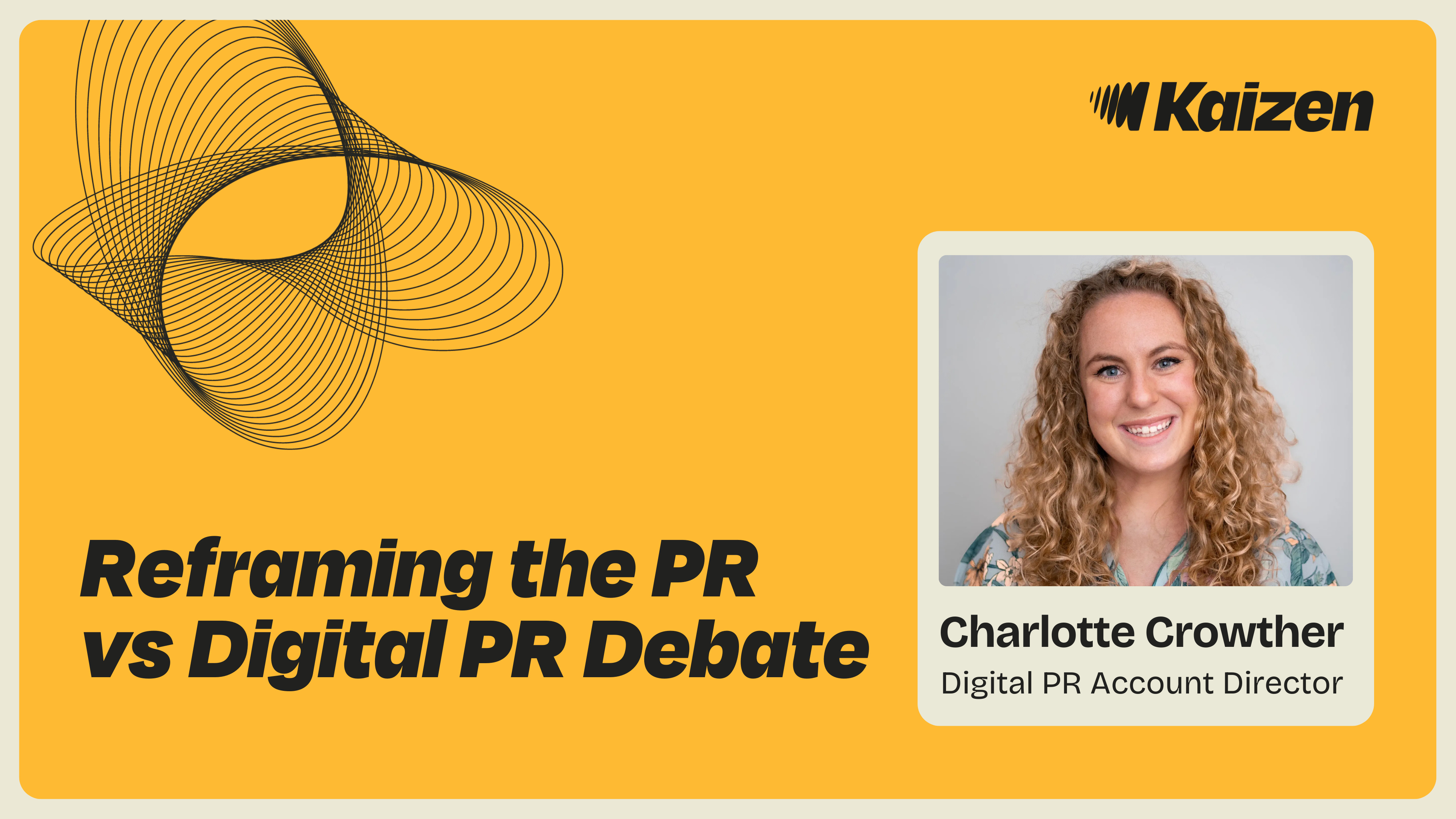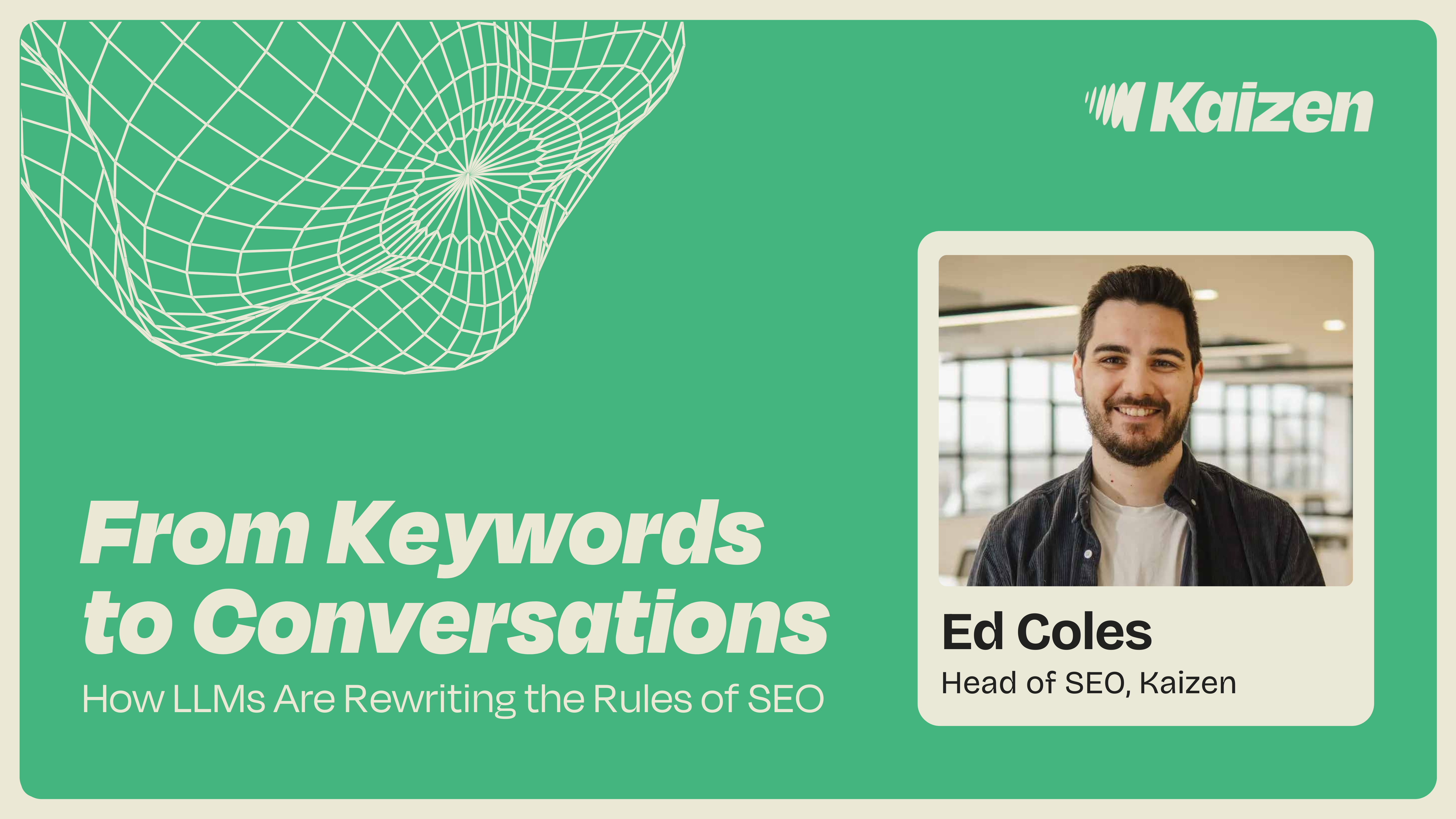De-influencing – The Latest TikTok Trend
Every digital marketer in 2023 should know that TikTok trends come and go very quickly. While many of these trends simply pertain to the latest pop culture moments through audio clips, dances or challenges, others represent the emerging shift in younger generations’ sensibilities and ideologies. The latest example of this is “de-influencing”. This movement is […]

Every digital marketer in 2023 should know that TikTok trends come and go very quickly. While many of these trends simply pertain to the latest pop culture moments through audio clips, dances or challenges, others represent the emerging shift in younger generations’ sensibilities and ideologies. The latest example of this is “de-influencing”. This movement is yet another step towards the increasing need for transparency and authenticity we’re seeing demanded by Gen Z and Millennials.
What is the de-influencing trend and where did it come from?
De-influencing is an emerging trend on TikTok and Instagram, where users are taking to the platform to advise their followers against any products they consider to be flops, a waste of money, or overhyped. Creators are also using this trend to emphasise the shortcomings of purely aesthetic purchases, and to focus more on a utilitarian consumer approach. In tandem with more sustainable thinking, creators are urging their viewers to be more environmentally conscious and think twice before buying certain products they deem to not have brought any value to their life.
At the time this blog is being written, the hashtag “#deinfluencing” has well over 200 million views on Tiktok. #DeinfluencingProducts has 5.5 million, and #DeinfleuncingTrend has 2.4 million views. Clearly, the trend has caught on! Normally we’d add “and shows no signs of slowing down”, however, as we said, trends often die overnight on TikTok. In any case, in the current climate, hearing the words “save your money” and “you don’t need 22 bottles of perfume” from your favourite beauty gurus may have some real impact in ths short term.

(Left to right: @valeriafride,@pipitchemist and @lindsays.library__)
The above examples indicate the trend isn’t limited to the realm of health and beauty. No market is immune to the scrutiny of the online generation, whether you’re a chart-topping author, or an indie skincare brand. Products that consumers swarmed to buy off the back of a fleeting TikTok trend are now being blasted online for this hard-to-swallow reality: “You don’t actually need to buy that.”
Does this signal the end of Influencer Marketing as we know it?
A wider conversation on brand authenticity has circulated for years across social media, and with brands like l’Oreal getting caught up in a TikTok Influencer scandal over product misrepresentation via filters (#LashGate2023 gave us lots to talk about in the office), how does influencer marketing need to adapt?
The answer is, as always, not a simple solution. We won’t go into a full debate over influencer ethics (we may or may not have a whole study on this coming out very soon – keep your eyes peeled!), but it’s undeniable that public sentiment is changing, and authenticity matters now more than ever.
Brands, pay attention to this – there’s no need to panic! Our influencer Marketing Manager Amanda Easter weighs in on the conversation:
“Truthfully, I really love the de-influencing trend. It really highlights the importance of brands creating meaningful partnerships with influencers in the long term – something we have been discussing in the influencer marketing space for years. With platforms like TikTok, the curve of who’s trending is constantly shifting, making brands leap toward whoever has just gone viral. However, if you want influencers and their followers to believe in the partnership and stand the test of de-influencing, working with authentic influencers who LOVE your brand is a must!”
@amandadoesmarketing My thoughts on deinfluencing … working in influencer marketing ? blog post at @Kaizen’s website (not in bio lol)! #influencermarketing #deinfluencing #deinfluence #deinfluencer ♬ Aesthetic – Tollan Kim
Our top de-influencing takeaways for your brand’s influencer marketing strategy
- Wait! Don’t hop on the next viral influencer just because they’re getting lots of attention at that moment. Do your research and see if they’re a good fit for your product
- Look into authentic influencer partnerships with people who actually love your brand
- Chose influencers to work with based on the product you want to promote. Though an influencer may love your brand not every product is relevant for everyone. Don’t have them work on a campaign that feels inauthentic to them and their type of content
To summarise: If the de-influencing trend can be seen as a positive step towards creating a healthier relationship with social media and promoting authenticity, then brands need to ride the wave and make authenticity at the heart of every touchpoint of their marketing.
Ready to take your brand to the next level by harnessing TikTok trends? Get in touch with our Influencer Marketing team today.

 Search
Search PR
PR AI Visibility
AI Visibility Social
Social
















